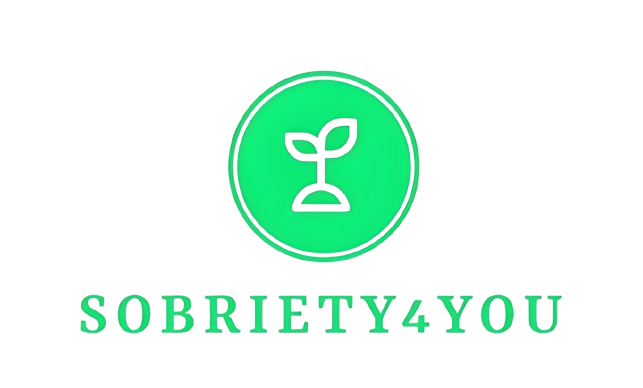About the project
The project endeavors to address the pressing need for energy sobriety and ecological change among the youth population through innovative online training initiatives. By focusing on raising awareness and readiness in these crucial areas, our goal is to equip young individuals with the knowledge and skills necessary to adapt to the challenges posed by ongoing environmental changes and escalating energy costs. Recognizing the growing interest among young people to make a positive impact and effect meaningful change in their communities, our project aims to empower them with the tools and resources needed to realize their aspirations and confront both present and future challenges head-on.
To achieve these objectives, the project will follow a systematic implementation approach involving collaboration with stakeholders to establish a robust methodical framework grounded in thorough research. This framework will inform the development of tailored curricular designs and content, meticulously crafted to address the specific needs and interests of the target demographic. Leveraging insights gleaned from research findings and stakeholder input, the project will create engaging online training materials to be delivered through a purpose-built e-learning platform. This platform will serve as a centralized hub for accessing educational resources and interactive learning modules designed to foster understanding and action on energy sobriety and ecological adaptation.
As part of the implementation strategy, the project will conduct testing and feedback sessions with the target audience to ensure the efficacy and relevance of the training materials. Insights gathered from these sessions will inform iterative improvements and enhancements to the content, ensuring its effectiveness in achieving the desired outcomes. Additionally, the project will engage a cohort of 10 tutors to facilitate the delivery of the training content and provide guidance to participants. With an initial group of 60 users slated to participate in the beta version, the project aims to gather valuable feedback to further refine and optimize the training experience.
At the culmination of the project, we anticipate the development of a comprehensive curriculum and methodology for promoting energy sobriety and ecological adaptation, complete with teaching materials and evaluation tools. Furthermore, the project will produce a training package equipped with guidelines for youth workers to effectively facilitate discussions and activities on these critical topics. Additionally, the establishment of a responsive learning management system (LMS) will ensure the accessibility and scalability of the training contents, fostering continuous learning and engagement beyond the project’s duration.
Our target groups
We hope to reach these general goals:
- Incorporate environmental and energy sobriety into youth learning;
- Raise awareness of environmental and energy sobriety (including laws);
- Gain a deep understanding of environmental and energy sobriety management issues.
- Make sure that future work is good for the environment and uses energy wisely.
- Help people find jobs and start businesses that will last
Young people:
This is the main group the project is aimed at, because it wants to help young people learn how to be more careful with energy and the environment so they can deal with current and future energy and environmental crises. This group will directly benefit from all of the results.
Youth Workers / Trainers
We want to help youth workers, trainers, and mentors get started and keep getting better at their jobs in
training and work-based settings.
Educational institutions
The project will help fund better training and information for trainers, with the goal of making it easier for young people to use new ways to be careful with the environment and energy.
Public bodies
Our results will have an effect on all levels with the help of examples and materials in the field of training for environmental and energy sobriety and the creation of innovative curricula.
